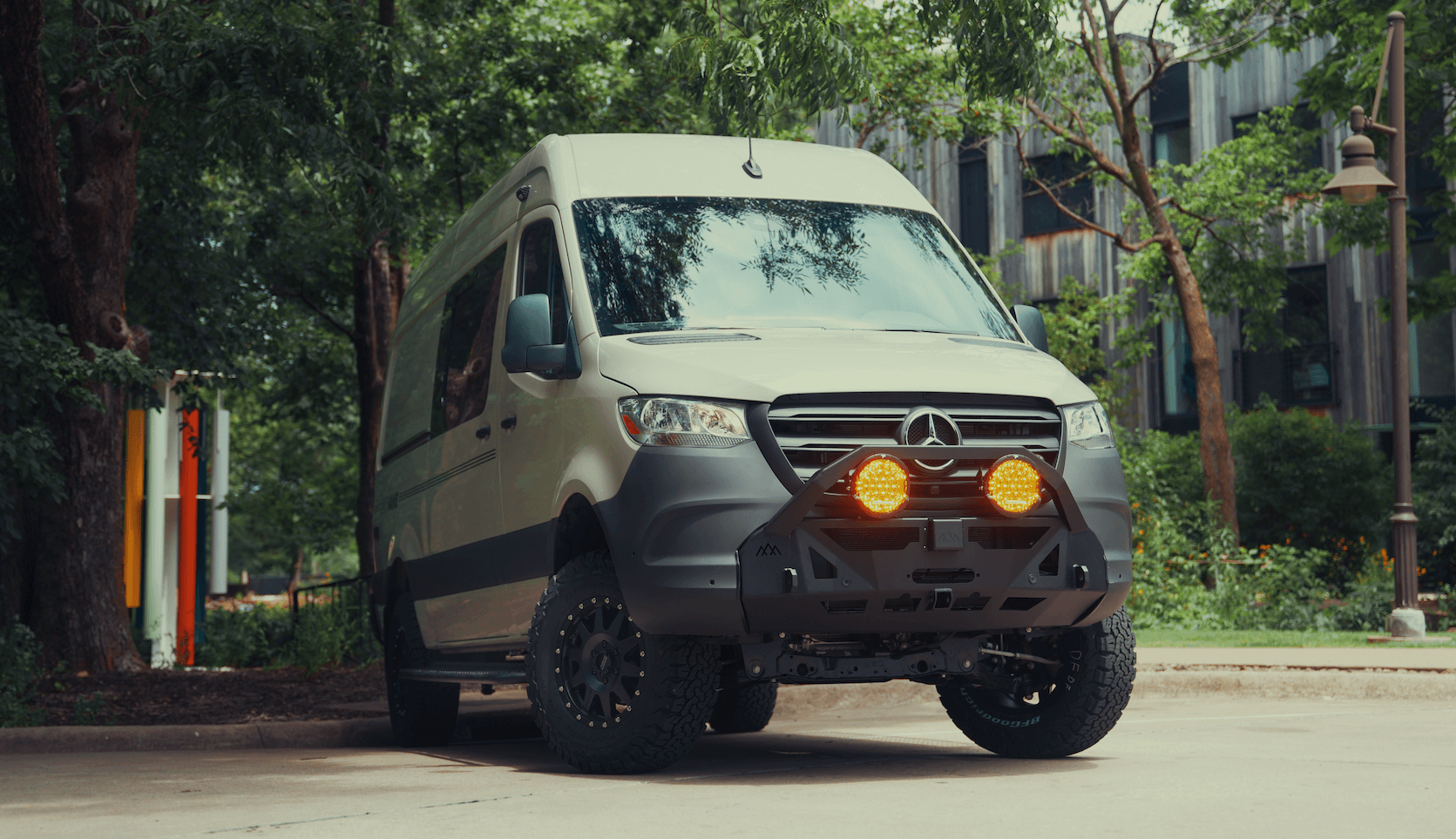Recreational Vans

Traveling full time is a lifestyle shift where your home moves with you. You trade a fixed address for a rolling basecamp, and you replace commutes with route planning. Daily life turns into a balance of miles, weather windows, and resource management. The most successful full time travelers treat the road like a long term project with a budget, maintenance plan, and cadence of work and rest days. It can be as simple as rotating between public lands and small towns, or as structured as seasonal loops mapped to climate and interests.
Your base of operations matters. Class B vans and well equipped cargo platforms are popular because they fit into regular parking, hold heat and cooling efficiently, and keep gear secure. Truck campers, towables, and compact overland setups work if you value trail access or modular living. Whatever you choose, prioritize insulation, ventilation, quiet sleep, and gear organization. These are the comfort pillars that keep you sharp week after week.
Space and efficiency beat sheer size when traveling full time. Look for a layout that supports sleep, cooking, work posture, and storage in that order. Pack by category and frequency of use to cut clutter. If you plan to chase dirt roads, ground clearance, tires, and underbody protection matter. If you will live near cities, low profile exterior gear, stealth friendly window treatments, and tight turning radius are useful.
Budgeting is the backbone of long term travel. Your baseline includes fuel, food, insurance, cell plans, maintenance, and occasional lodging. Track fixed costs first, then estimate variable spend by route length and terrain. Many travelers run a monthly cost range and keep a cushion for unexpected repairs or travel pauses. A simple spreadsheet or budgeting app can keep you honest.
Remote work keeps the engine of this lifestyle humming. A typical setup includes a laptop, external monitor or tablet, headset, and a reliable seat or standing surface. Cellular connectivity remains the primary lifeline. Dual carrier plans, a quality router, and external antennas improve reliability. Starlink is a strong option for rural work sessions if your roof layout and power budget accommodate the dish. Protect your schedule by scouting signal maps and downloading offline files before moving.
A resilient electrical system allows steady work and rest. Solar, alternator charging, and shore power give you options. Lithium storage sized to your loads prevents daily anxiety, especially if you run air conditioning or induction cooking. Water planning is similar. Balance fresh and gray tank capacity with refill points and responsible disposal. For comfort across seasons, combine ventilation, insulation, and heating that runs cleanly and safely inside a small space.
Healthcare and insurance require deliberate choices. Many full time travelers select a domicile state based on mail services, vehicle registration, and health plan options. Routine care can happen through telemedicine, walk in clinics, and planned visits during city stops. Keep a well stocked first aid kit and learn basic field care. For mental health, create small rituals like a morning walk, a weekly call with friends, or a standing rest day with no driving.
Safety grows from awareness and preparation. Park with an easy exit, scan the environment before settling, and trust your instincts. Distribute valuables, install discrete security measures, and keep recovery gear you can use alone. Share your travel plan with a trusted contact and set check in times. In harsh weather, flexibility is your best tool. Adjust elevation, change routes, or take a zero day to wait out storms.
Traveling full time becomes richer when you connect with people and places. Join meetups, trail days, and local events. Practice Leave No Trace and respect seasonal closures. Support small businesses in the towns you visit. Build a packing routine for trash, recycling, and gray water disposal. Over time, you will craft a network of trusted camp spots, mechanics, and friends that make the road feel like home.
You cannot carry everything. Choose items that serve multiple roles, store vertically, and keep pathways clear. Rotate seasonal gear. Set a rule to remove one item for every new item added. This discipline keeps your living space calm and your vehicle efficient.
A well designed build turns long term travel from fragile to sustainable. Solid insulation, thoughtful storage, quiet ventilation, and dependable power let you sleep, cook, and work without daily compromise. If you are considering a professional build, explore options that match your routes and hobbies, whether that is bikes, boards, cameras, or tools. The right platform saves fuel, reduces fatigue, and protects your gear.
If you want to see how a custom platform can streamline traveling full time, explore recreational vans, review options to custom build your van, or compare mainstream vans that follow proven layouts. Each path supports different timelines and budgets while keeping daily comfort front and center.
Tell us how you travel, where you work, and what you carry. We will translate that into a quiet, efficient, road ready cabin that holds up on washboard and feels calm on city streets. Begin your plan today and pick up your rig at our Fayetteville shop when it is dialed and road tested.
Ready to live on the road without compromise? Tell us how you travel and we will engineer a custom van that fits your routes, work needs, and comfort goals. Start your build plan now and lock in a handoff date at OZK Customs in Fayetteville.
ADDRESS:
6159 E Huntsville Rd, Fayetteville, AR 72701
PHONE:
(479) 326-9200
EMAIL:
info@ozkvans.com